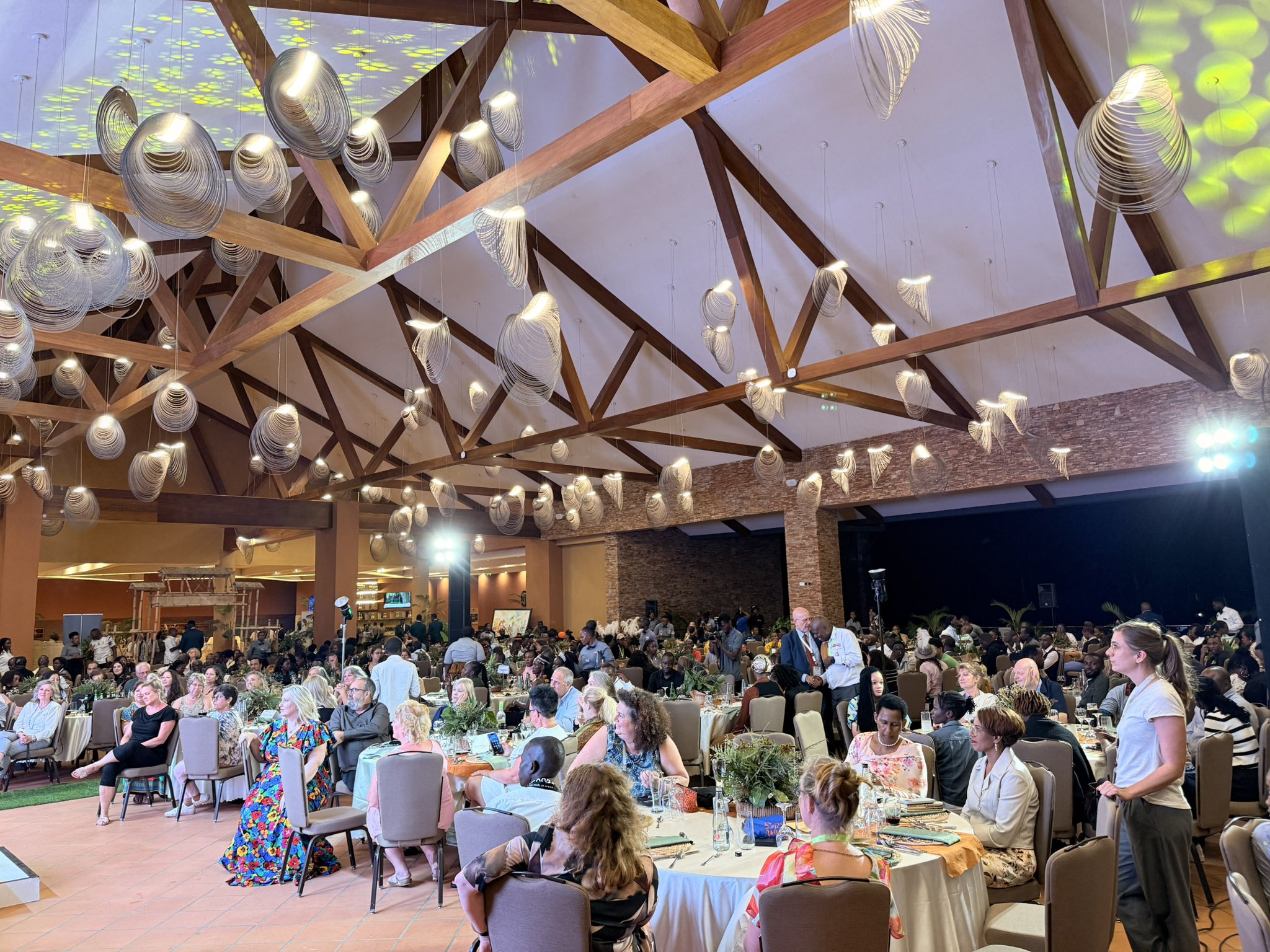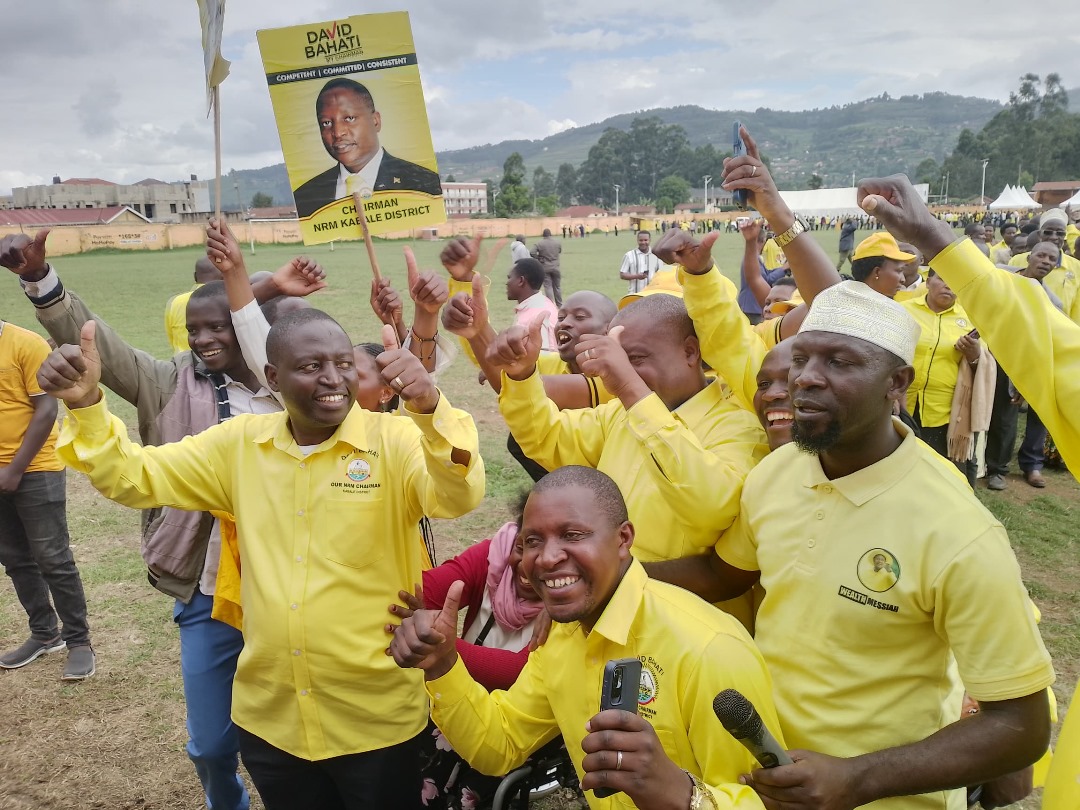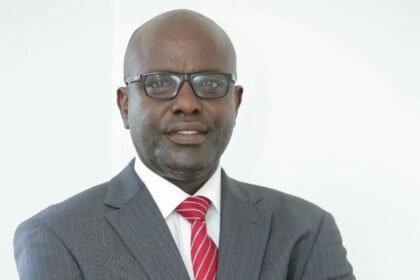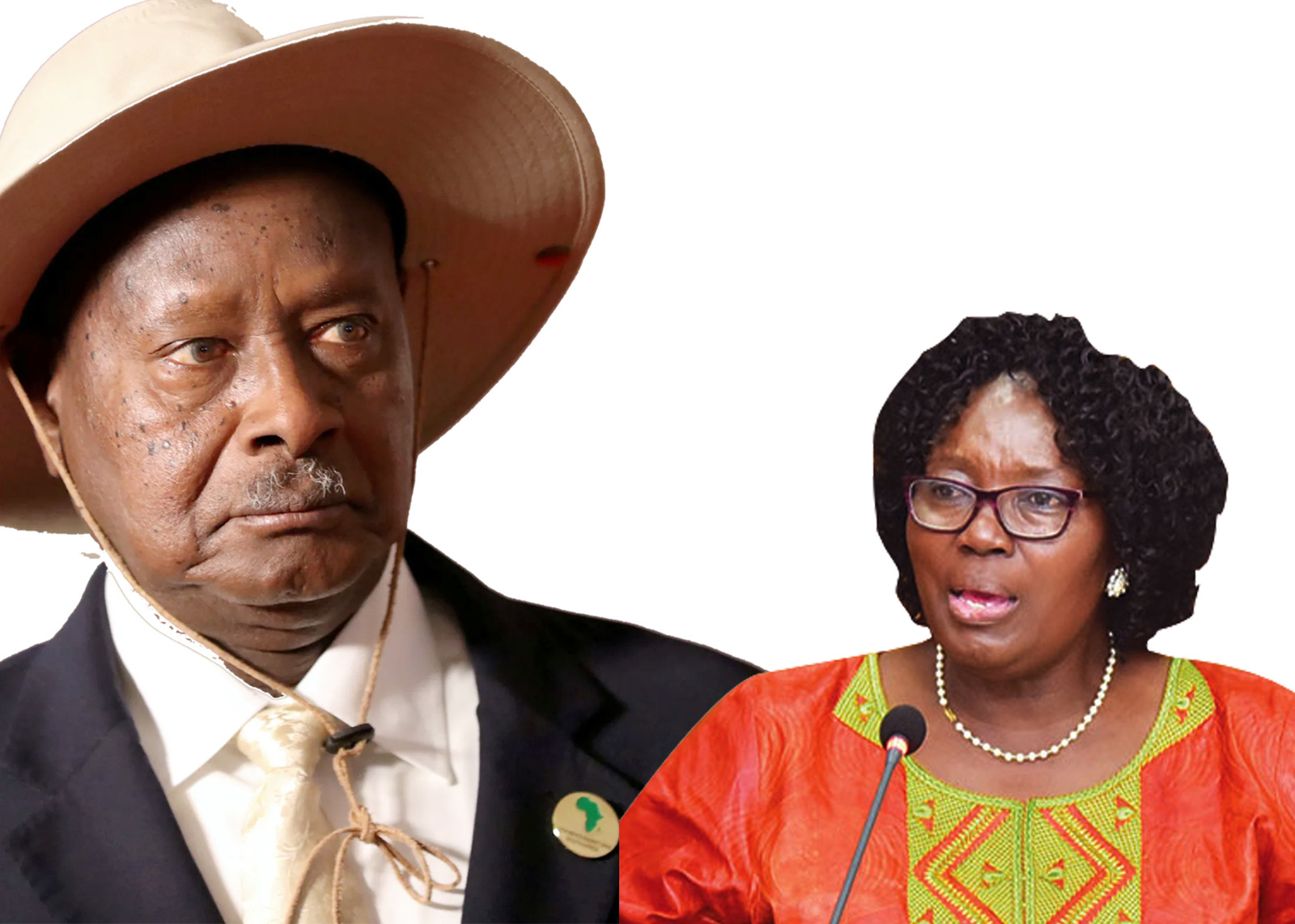On the evening of May 22, 2025, Chris Obore, the outspoken spokesperson for Uganda’s Parliament, took to X to voice his frustration with the European Union’s influence in the country.
In a fiery post, he questioned whether EU ambassadors were acting like colonial governors, reminiscent of figures like Andrew Cohen and Frederick Lugard, who once wielded immense power over Uganda during British rule.
Obore’s sharp critique targeted the EU’s perceived interference in Ugandan affairs, even mentioning Gen Muhoozi Kainerugaba, the Chief of Defence Forces, asserting that he answers to Ugandans, not foreign envoys. The post quickly gained traction, igniting a heated online debate.
By the next morning, the conversation took a dramatic turn. Veteran journalist Timothy Kalyegira responded with a cryptic warning to Obore. “Chris, the EU has information on you from your days in active journalism,” Kalyegira wrote. “I’d advise caution in how you criticise them. Some of that information could be leaked to the public, and suddenly, State House will look at you with deep suspicion.”
His words hinted at a potentially explosive revelation, suggesting that Obore’s past might harbor secrets that could jeopardize his position. Kalyegira’s tone was measured but ominous, a stark contrast to Obore’s defiant rhetoric.
Obore, however, was unyielding. Less than ten minutes later, he fired back, dismissing Kalyegira’s caution as “neocolonial propaganda.” He challenged the EU to leak whatever they had, asserting that neither State House nor Uganda’s security apparatus would be swayed by foreign tactics.
“I have no desire to praise Europeans,” Obore declared, doubling down on his anti-imperialist stance. His response resonated with many Ugandans who shared his frustration over foreign influence, but it also raised the stakes in an already tense exchange.
The online clash reflected broader tensions in Uganda, where the EU’s role—such as its €11.5 million START Facility to support agribusinesses—has been both welcomed and criticized. While some, like user Ariong Moses, appreciated the EU’s condemnation of human rights abuses, others, including Obore, saw it as a perpetuation of neocolonial agendas. As the debate unfolded, it became clear that the confrontation between Obore and Kalyegira was more than a personal spat—it was a microcosm of Uganda’s struggle to balance sovereignty with international partnerships in a post-colonial world.
Do you have a story in your community or an opinion to share with us: Email us at Submit an Article








